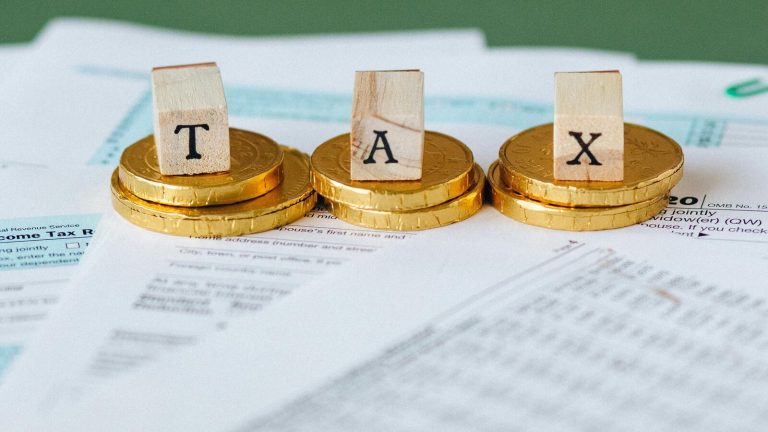I have claimed business losses two years ago under the old tax regime. I carried them forward in my last year Income Tax Return (ITR), again under the old regime. In the current assessment year, I am planning to switch to the new regime. Can I carry forward the losses reported in the old regime last year?
New tax regime was made the default tax system for individuals from the last assessment year 2024–25, unless they opt out of it to choose the old regime. Taxpayers with business income must tread carefully, especially those carrying forward business losses or unabsorbed depreciation from earlier years while picking between the old and new regime this year.
As per Section 115BAC(2) of the Income Tax Act, taxpayers cannot set off carried-forward business losses or depreciation if they relate to deductions that are not allowed under the new regime. These deductions include additional depreciation under Section 32(1)(iia), investment-linked deductions (e.g., Sections 35AD, 35(1)(ii)/(iia)/(iii), 33AB, 33ABA) and chapter VI-A deductions (except 80CCD(2), 80CCH(2) and 80JJAA). Any losses that are not linked to the above, which includes regular business expenditure or basic depreciation (under Section 32(1)(ii)) can still be carried forward and set off, even under the new regime.
Here are two practical scenarios of business losses that can be carried forward in the new tax regime. One, a trader incurred loss due to regular expenses like rent, salary, electricity etc. The nature of these deductions is normal business expenditure, and hence the losses that arose on deducting these expenses can be carried forward. Another example is a freelancer claiming unabsorbed depreciation on a laptop (normal rate).
Now, here are two practical scenarios where carrying forward of losses won’t be allowed in the new regime–a) a manufacturer claimed loss due to additional depreciation on machinery and b) a startup claimed deduction under Section 35AD, which is a capital investment and hence not allowed.
Taxpayers must analyze their carried-forward losses item-wise. If substantial past losses relate to now-disallowed deductions, switching to the new regime may forfeit their set-off. In such cases, one can still opt out of the new regime by filing Form 10-IEA on or before the due date of return.
However, if the losses pertain to standard business operations or normal depreciation, the new regime does not bar their set-off.
The new regime offers lower tax rates but fewer deductions. Hence, a comparative tax computation—factoring in eligible losses—is essential.
Bhawna Kakkar, chartered accountant and founder, Kakkar & Company, Chartered Accountants



